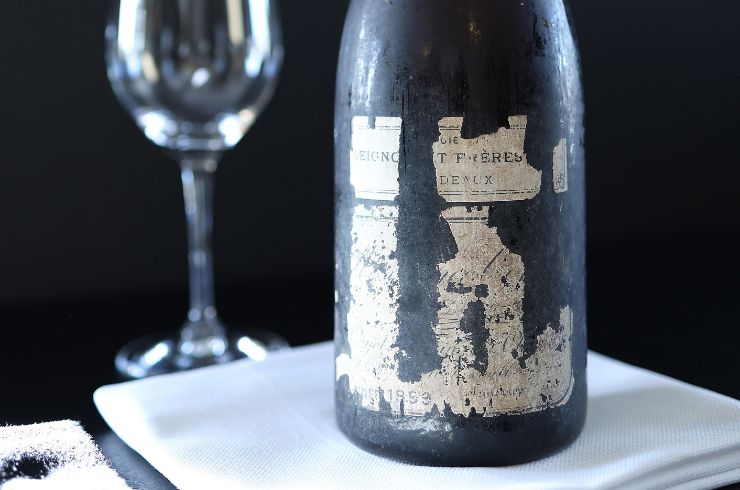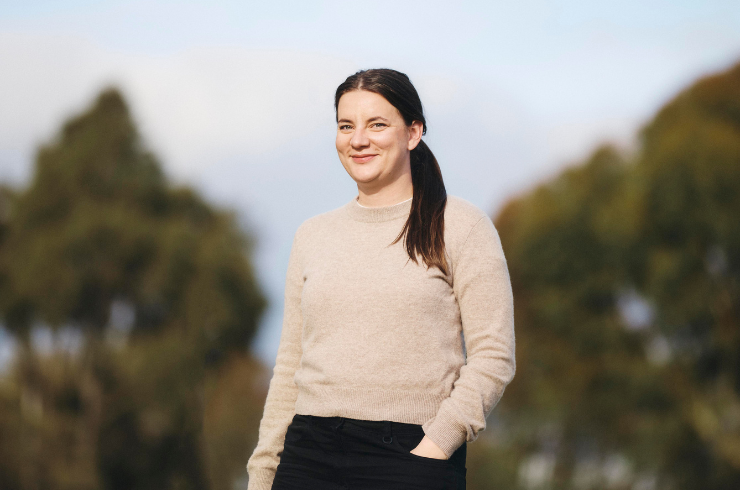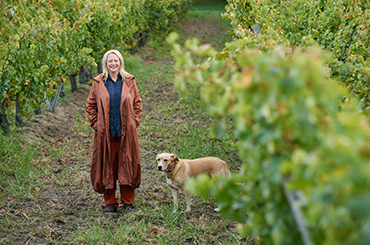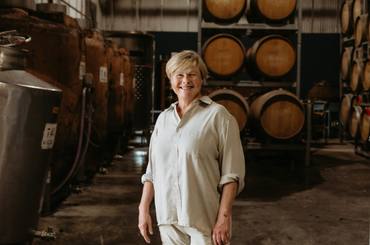Women employed in the Australian wine industry have too often considered themselves a bit of a fringe group, chipping away at change, looking to make a difference in what remains a male dominated industry.
Women might be the major buyers of wine in this country, a potent force to be sure, but it has not translated to the grassroots: where vines are grown, where wine is produced, where some of the big decisions about wine and its place in an increasingly challenging world are made.
“My observation is that the Australian wine industry is very slow to change anything. So, the pace for change for us in the gender equality space isn’t unique,” notes Jane Thomson, founder of Australian Women In Wine (AWIW).
Ten years ago, AWIW was formed to address the industry’s serious gender imbalance. As it celebrates this major birthday milestone, there is no better time to ask just what has changed? And what still needs to be done?
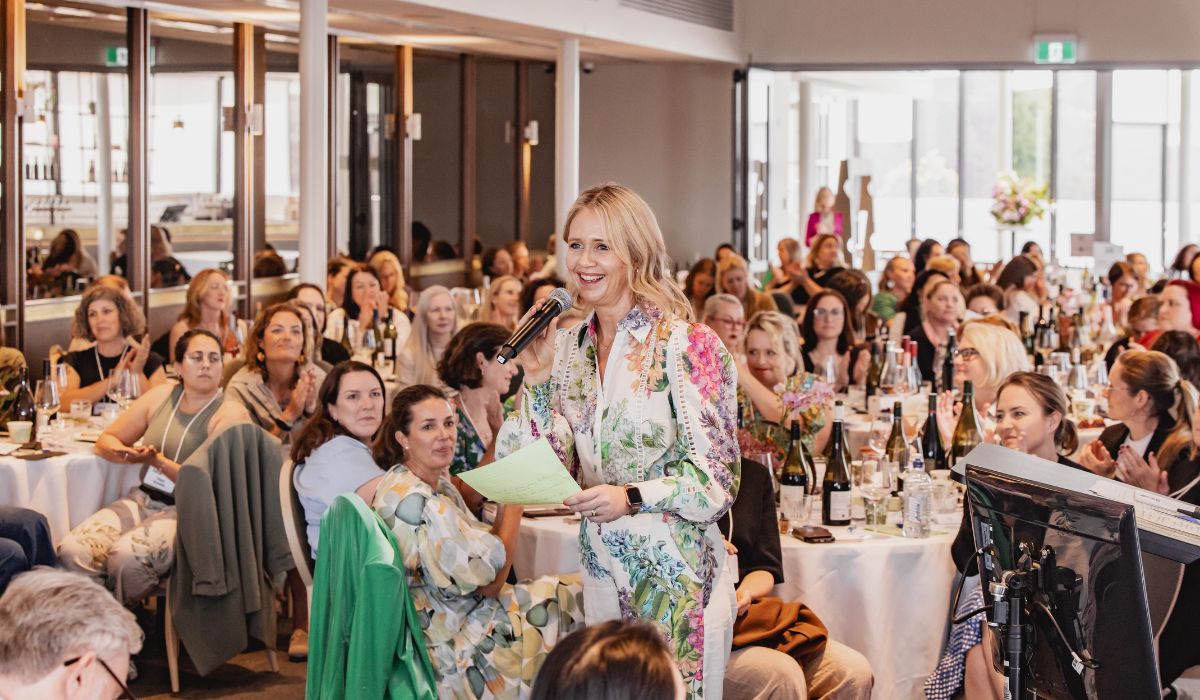
When the AWIW was formed in 2015 and announced a national awards programme to celebrate the role of women in wine, there was criticism, some of it quite vociferous.
“I wasn’t surprised that we got that pushback,” says Jane, “but, what did surprise me was how quickly it turned around. Suddenly, there were more conversations that were positive instead of negative, we got more positive press, we got more excitement in the industry.
“I know there were quite a few male employers who pushed their women employees forward and forced them to enter, and did our work for us," she adds. “That’s when I realised, we are really on to something here.”
The AWIW awards were held across the nation in association with tastings of wines produced by women and went international, travelling to London (2017) and New York (2019). They were followed by national symposiums in 2023 and 2024 to highlight bigger issues of equal pay, equal opportunity, sexist behaviour in the workplace and a more flexible working environment for women – and men – during maternity and issues of childcare.
Still, change comes slowly. It is estimated that while there has been improvement over the past 10 years in the number of women employed in the wine industry, the figures remain frustratingly low in viticulture (around 21.5 per cent), winemaking (under 17 per cent) and CEO roles (34 per cent). The only healthy area is wine marketing (60 per cent).
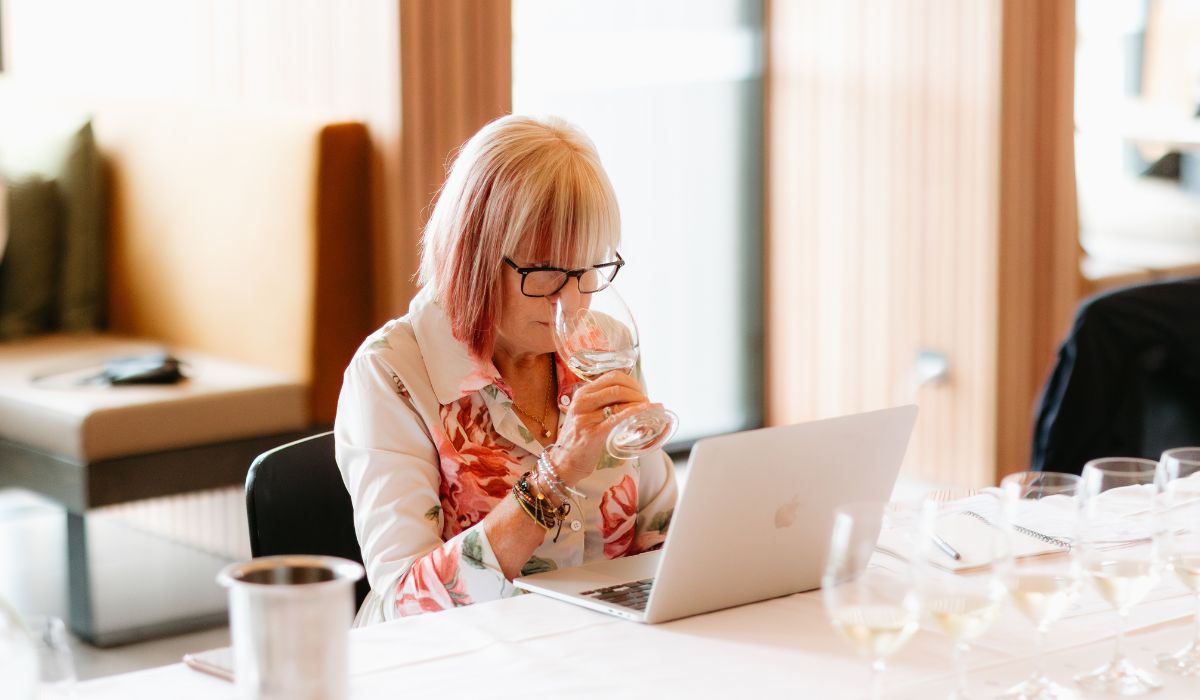
According to Australian Grape & Wine, at the present rate it will take more than 200 years to achieve gender balance in winemaking roles. At the same time, the gender pay gap is getting wider. Female winemakers earn $14,000 less than male winemakers; viticulturists earn $18,500 less than their male equivalents.
Jancis Robinson, indisputably the most prominent woman in the wine world today, says it is time for the Australian wine industry to give women “a break.”
Addressing the recent AWIW 10th Birthday Gala Dinner in Adelaide via a video address from her home in London, Jancis congratulated some of the bigger Australian wine companies such as Treasury Wine Estates, which has adopted DEI – diversity, equality and inclusion policies – in a formal way. “That actually reflects the situation world-wide,” she said, “that big companies can’t afford to ignore these important things. But it is the smaller and medium-size wine companies that seem to think they can get away with not addressing these important issues.
"It would be really stupid to ignore the potential of half the workforce," she went on. “Please, please, look more favourably on the women working for you.”
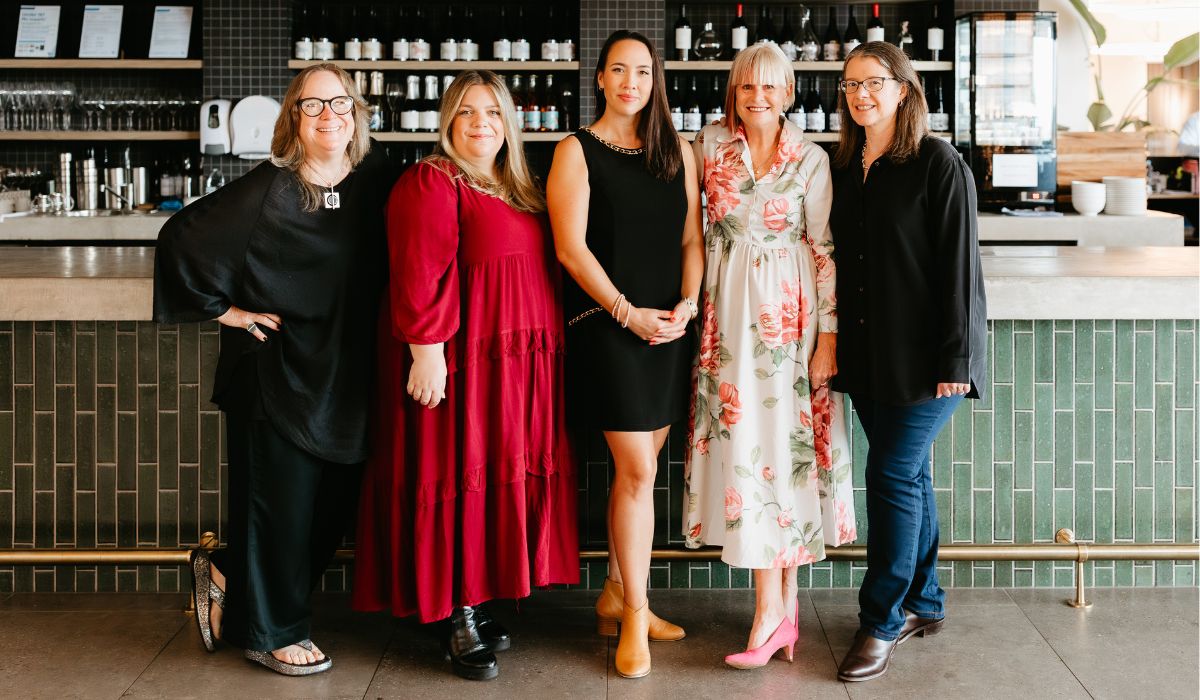
While the AWIW assisted and participated in the 2019 creation of a Diversity & Equality in Wine Charter (DEIW) & Action Plan for industry body Australian Grape & Wine, it remains disappointing to see that so few wine producers (157) and individuals (224) have signed the charter. Fewer still have adopted its principles in the workplace.
“The concept is great,” notes Jane, “but there is no accountability. There are no consequences; there are no repercussions for not adopting DEI in the workplace. Voluntary schemes just don’t work.”
She argues that wine businesses will suffer in the long-term through their inaction. “They are not achieving the level they could be if they had a diverse decision-making team in place.”
After 10 years at the AWIW helm, Jane is calling it quits, handing the mantle for change to a new form of AWIW, a not-for-profit group, and a new board.
Highlights? There have been a few, including AWIW receiving the inaugural Excellence in Action Award at the prestigious Maurice O’Shea Awards in 2022. The following year, Jane was awarded the Medal of the Order of Australia (OAM) for her services to women in the oenology sector.
She remains, as ever, positive.
“We don’t get the pushback anymore,” she observes. “This is now a mainstream conversation in the Australian wine industry; it’s not a fringe one anymore. It’s only taken a whole decade to get here, but that is a good thing.
“I have a lot of empathy for women who are saying, ‘Why do I have to see myself as a woman winemaker?’ You shouldn’t have to! You absolutely shouldn’t! We all long for the day when this isn’t even a thing – but we are not at that day yet.”
Jeni Port was a founding board member of Australian Women In Wine.
Join Halliday Wine Club to drink the very best of Australian wine
Are you an explorer, enthusiast or collector? No matter the Halliday Wine Club plan you choose, each month we'll deliver two bottles of 95+ point wines direct to your door. From $89 per month. You can skip, pause or cancel anytime. Join now.
Latest Articles
-
![Default article tile image]()
From the tasting team
Mike-Bennie-discovers-Wairarapa-NZ
11 hours ago -
![Default article tile image]()
From the tasting team
Sustainable and beyond: Marcus Ellis on sustainability in the wine industry
11 hours ago -
![Default article tile image]()
News
The reinvention of the Aussie sommelier
11 hours ago -
News
Why a co-owner of Bass Phillip decided to taste, instead of trade, this 127-year-old bottle of wine
1 day ago

